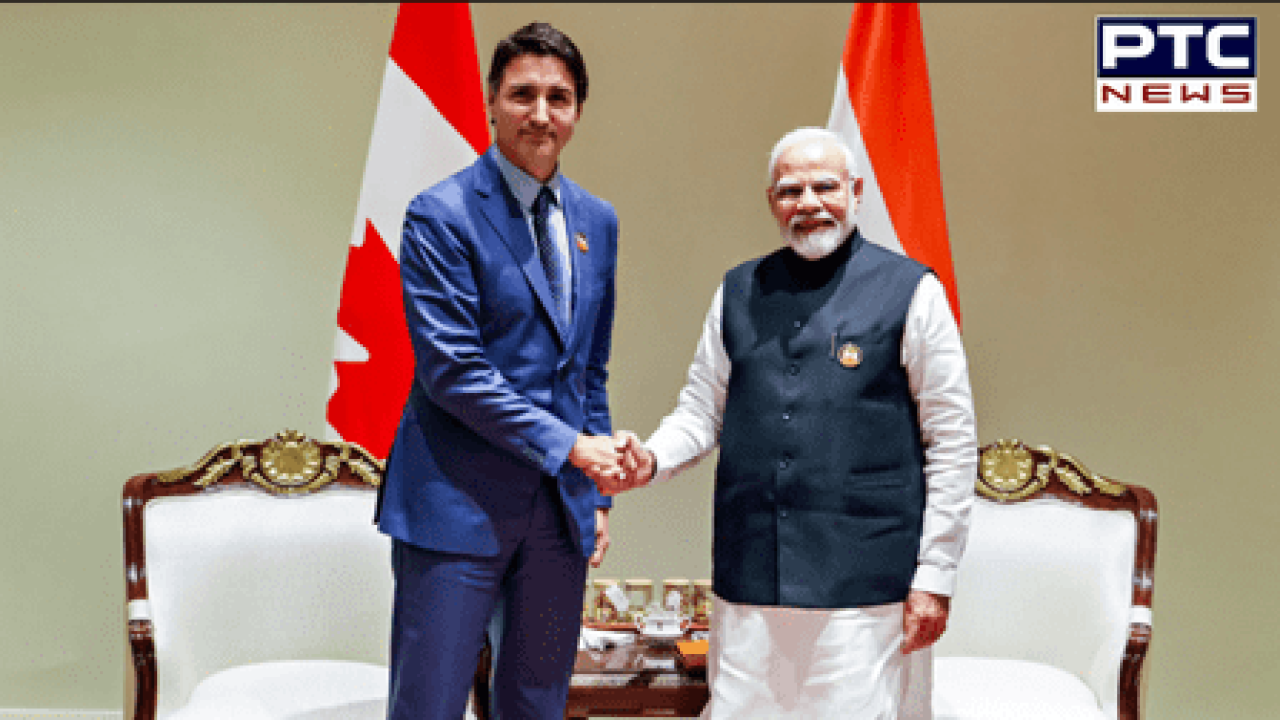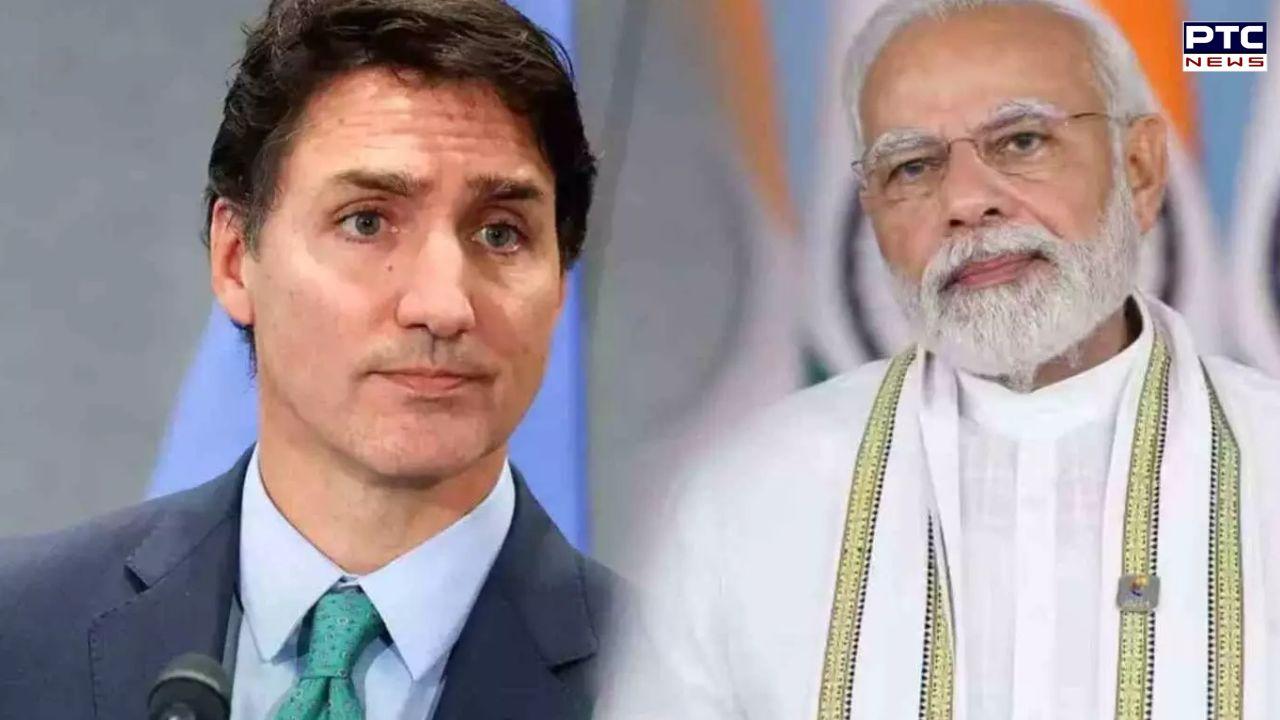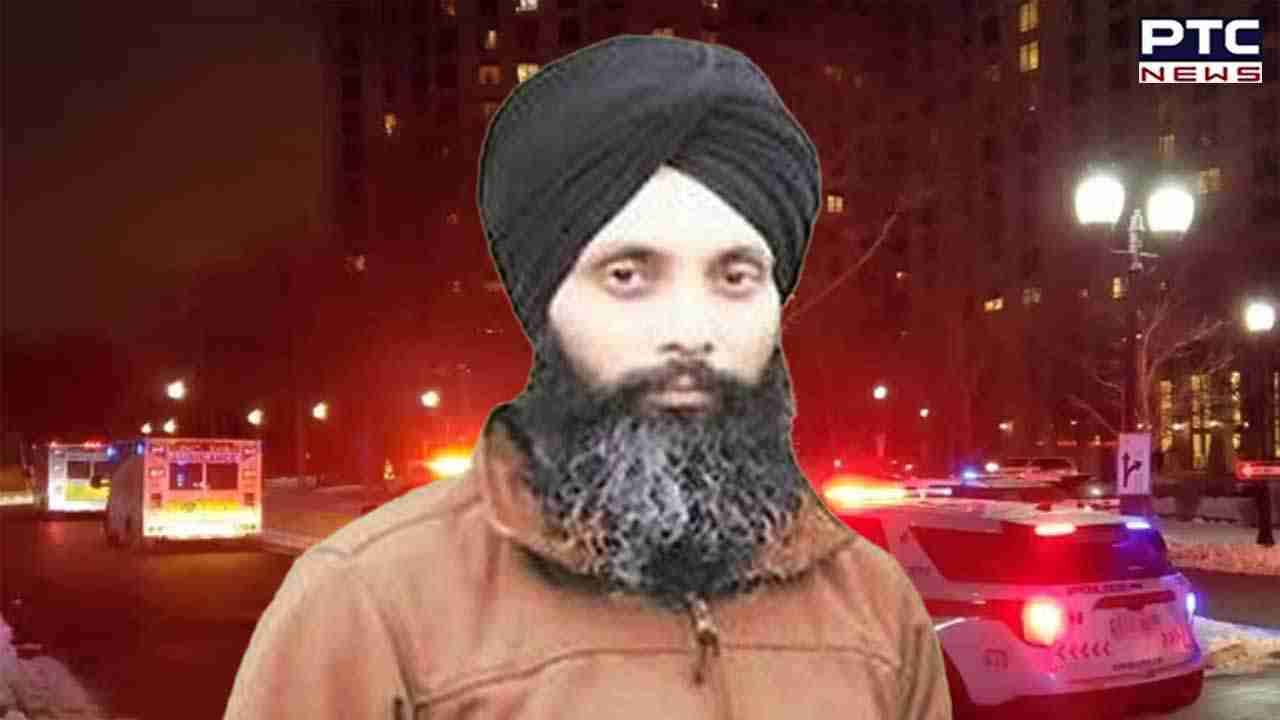

India-Canada Relations: How diplomatic tensions between both nations escalated over Nijjar's killing | In points
India-Canada Relations: The diplomatic relations between India and Canada have reached a new low amidst a probe into the assassination of Sikh activist Hardeep Singh Nijjar. Tensions have significantly escalated since Canadian Prime Minister Justin Trudeau alleged that Indian agents were involved in the killing of the Sikh leader in British Columbia.
Here’s a detailed look at the key reasons behind the current rift between the two nations
Canadian PM’s allegations spark diplomatic tension
Relations between India and Canada soured after Canadian Prime Minister Justin Trudeau publicly accused the Indian government of being involved in the killing of Hardeep Singh Nijjar in June 2023. Nijjar, designated as a terrorist by India in 2020, was shot dead by unidentified assailants outside a Sikh temple in British Columbia. Trudeau’s claims were based on intelligence that allegedly linked Indian diplomats to the incident, leading to a diplomatic standoff between the two countries.
Nijjar's Killing: A Flashpoint in India-Canada Ties
Hardeep Singh Nijjar’s assassination in Canada has become a major point of contention. Known for advocating the Khalistan movement, Nijjar’s killing triggered concerns within the Canadian Sikh community. India has long regarded Nijjar as a terrorist and a key figure in promoting separatist activities in Punjab. His death became a catalyst for Trudeau’s allegations, further straining bilateral ties.

Allegations of Indian Surveillance in Canada
Justin Trudeau, along with the Royal Canadian Mounted Police (RCMP), has accused Indian diplomats of targeting Sikh separatists within Canada and sharing information with organised crime groups. According to Trudeau, Indian officials were involved in gathering intelligence on Canadian citizens critical of the Narendra Modi government. He further alleged that such intelligence was being shared with high-ranking officials in India and criminal networks, including the Lawrence Bishnoi gang.
India’s Response: Denial and Diplomatic Expulsions
India has firmly rejected Justin Trudeau’s accusations, dismissing them as “absurd” and politically motivated. The Indian government labeled the claims as part of a broader agenda by the Trudeau administration. In response, India expelled six Canadian diplomats, mirroring Ottawa’s decision to declare six Indian diplomats as persona non grata. This tit-for-tat expulsion of officials has further deepened the diplomatic rift.
Accusations Against Canadian Border Official
Adding to the tensions, India has included Sandeep Singh Sidhu, a Canadian Border Services Agency (CBSA) employee, in a terror investigation. Sidhu is alleged to have connections with Pakistan-based Khalistani extremist Lakhbir Singh Rode and other operatives of the ISI. Indian authorities accuse him of promoting terrorist activities in Punjab, which has further strained bilateral cooperation.
Canada's Warning to Indian Diplomats
In a recent statement, Mélanie Joly, Canada’s Minister of Foreign Affairs, put the remaining Indian diplomats in Canada “on notice” after naming the Indian High Commissioner in Ottawa as a person of interest in the assassination probe. This development has intensified the diplomatic standoff, with each side accusing the other of undermining international norms.

Potential Impact on Visa Services and Diplomatic Engagements
While experts suggest that the diplomatic row may not directly impact visa policies between India and Canada, there are concerns about delays in visa processing due to reduced staffing levels at consulates. The ongoing diplomatic tensions have disrupted consular operations, leading to uncertainty for travelers and businesses.
International Reactions to the Dispute
The ongoing tensions have also caught the attention of the United States, which has urged India to take Canada’s allegations seriously. As two key allies of the United States, the diplomatic friction between India and Canada poses a challenge for American foreign policy in maintaining stable relations with both nations.
- With inputs from agencies
